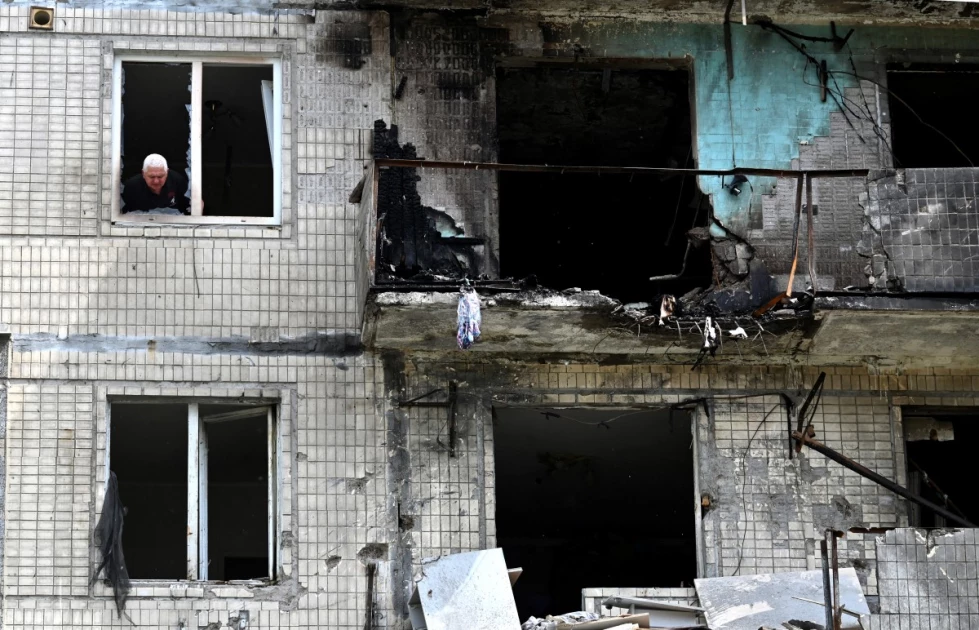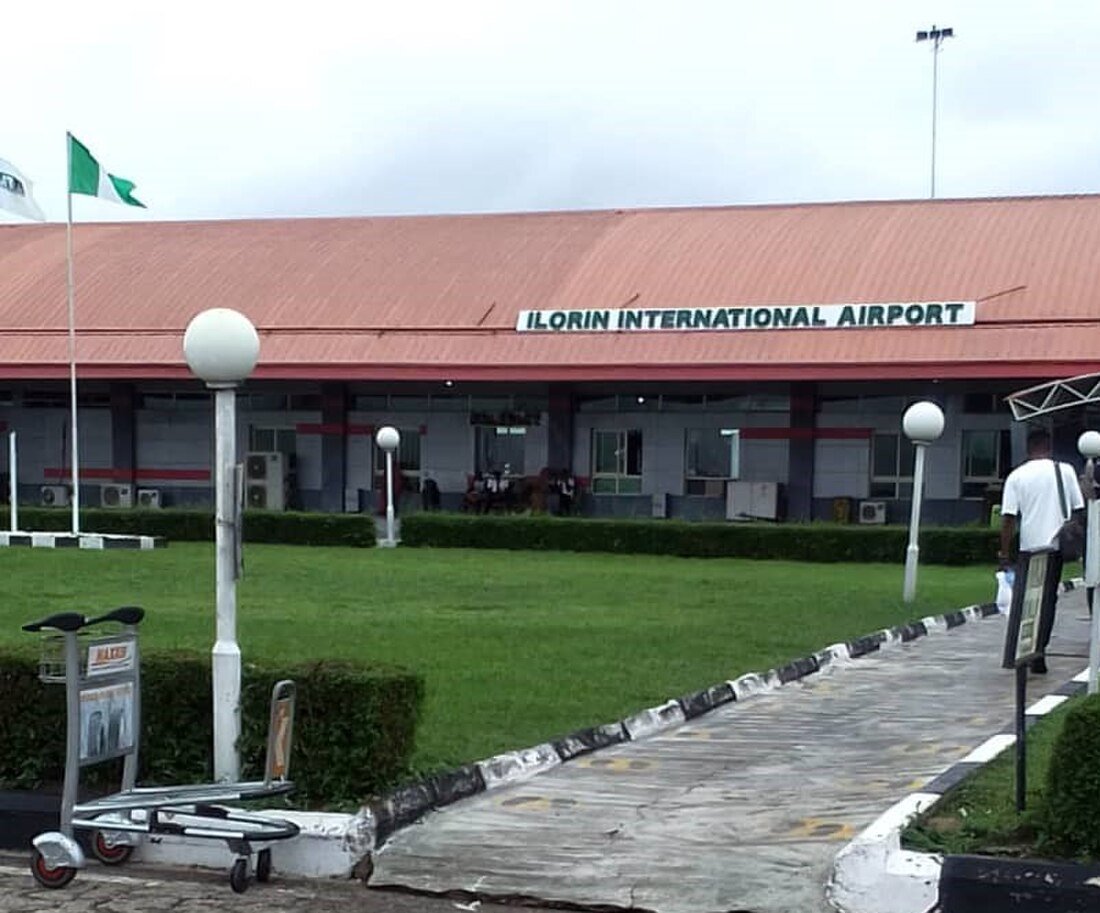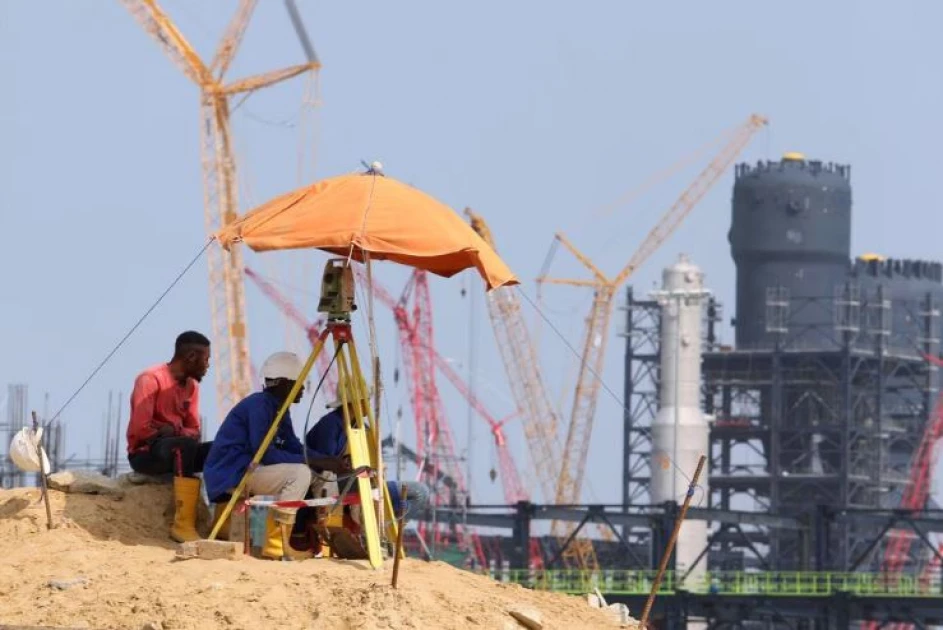The Nigerian cassava industry faces a bleak future due to what stakeholders described as ‘massive import’ of starch by corporations that formerly purchased locally.
The situation is said to have angered industrial cassava processors who spent billions to set up factories to produce starch and high-quality food-grade flour, forcing some of them to shut down operations, Weekend Trust gathered.
Farmers are now left to rely solely on garri processors, who give reduced rates that are less than the cost of production, since industrial processors no longer purchase cassava from farmers.
In December, a ton of cassava was sold for N120,000 and above, depending on location. However, the current price crash point is at N80, 000 to N90, 000 per ton, with one processor suggesting ‘it will get worse to between N50, 000 and N70, 000.’
Kehinde Lawrence is the programme manager of the Industrial Cassava Stakeholders’ Association of Nigeria (ICSAN). He told Daily Trust during a telephone interview on Wednesday that the processors and the farmers are now in a distressed situation.
“We are convening an emergency meeting as an association to also look into it and probably get some facts and figures in terms of the volume of what was imported, the volume and how it is affecting the offtake of cassava products locally, mainly food-grade starch and sorbitol. Sorbitol is a sweetener; it’s a major ingredient in toothpaste.
“We also have one of our members who is producing that locally now. But we have a lot of producers of food grade starch in many states across the country,” he said.
He said the association was concerned that a lot of people have gone into cassava production, even on a large scale now. But the output of the harvest, which is taken primarily by industrial processors, suffered a setback because these are the people who have the capacity to process.
He said the processors discovered that some of the end-users who were buying such cassava starch and flour locally were no longer buying.
“So, we’re wondering what’s actually happening. And it also goes back to the farmers because if they are not buying the products, the processors will not offtake from the farmers to process,” Kehinde said.
One of the processors in a WhatsApp comment wrote, “We cried to The Presidential Initiative for Unlocking the Healthcare Value Chain (PVAC) PVAC and NAFDAC, they seem not to understand the situation.”
“The government licensed 80 pharmaceuticals to import substrates, including corn starch, at zero duty.
“Miraculously, all companies buying cassava starch locally got their warehouses filled up with Corn/Cassava Starch….including the big multinationals.”
With over 40 processors currently processing cassava starch and flour, the association believed they have enough capacity to deliver high-quality food-grade starch and flour for the pharmaceutical companies in the country.
The union is furious that some of them borrowed money from the bank to support the farmers and it’s time for the farmers to harvest, but they cannot buy from the farmers to process because nobody is ready to take up their products.
“So, the banks are running after them and the worst the farmer could do is to sell to someone that processes garri or fufu. And if the farmer is selling that way, he may not be able to recover his own investment and so would become discouraged. That means they won’t work with us anymore. So, that’s a major challenge.
“But what we have done is after that meeting we had last Friday, we requested the support of NAFDAC and the Pharmaceutical Manufacturers Association of Nigeria; they need to work with us.
The processors want the government to encourage the manufacturing industry in Nigeria to buy raw materials that are standard and available locally first, before talking of importing from outside.
“Two weeks ago, the president was telling all the ministries to stop buying or procuring any material or equipment that is available locally. These are some of the things we are also looking at that the government should also help us to flag off.
“As I’m speak to you; there’s no national policy on cassava. That was raised with the Minister of State for Industry and he has commissioned the department within this ministry that is serving that responsibility to work with all the stakeholders and ensure that before the end of this year something happens. But we need the support of the president and the National Assembly to make sure that things materialize this year. So, if we have a national policy, I know it will take care of some of these things we are discussing now.
Malafiya Esson, who owns one hectare of cassava farm in Doma, Nasarawa State, said the price has fallen below what he can sell now because of the amount he spent on the farm.
A pick-up van load of cassava currently sells for between N80,000 and N100,000, as against the N170,000 and N210,000 it sold for about five months ago.
He said he would not sell at N80, 000 as the losses will be high, hoping for better prices in the coming months, but key players said prices may plummet.
But Mr Austine Benedict, who refused to sell his cassava in Awo Adaba in Kogi early this year, hoping for a better price, is also now licking his wounds as the price is down from N170,000 per tricycle load to N130,000.
He said that although prices during the rainy season are lower because cassava has a high-water content, he expects a slight decline.










